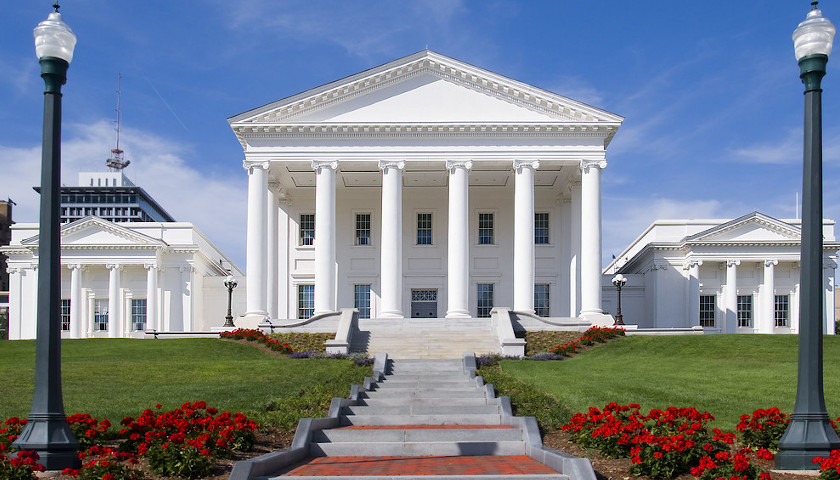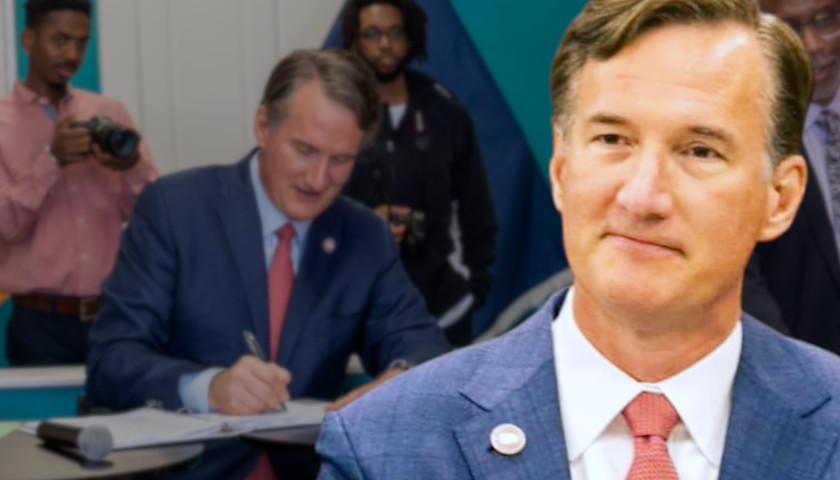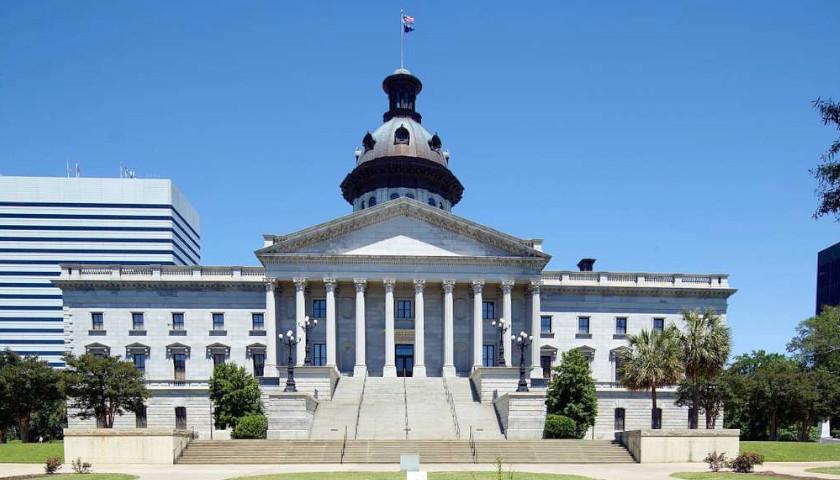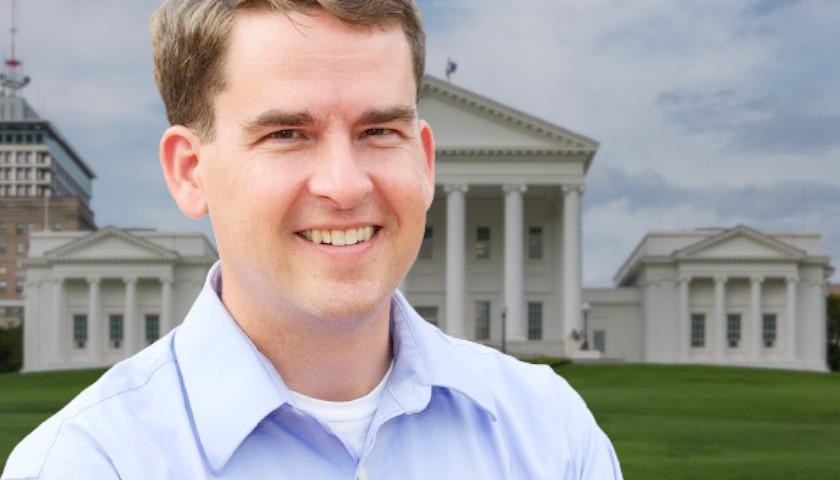When the General Assembly starts its 2021 regular session in January, the volume of legislation will be much different from years past because of the coronavirus pandemic.
According to Senator Emmett Hanger (R-Augusta), both the Senate and the House of Delegates will impose limits on the amount of legislation members can introduce for the session.
“The issue for us now because we’re still going to be in the COVID environment is that we are going to restrict the introduction of bills,” Hanger said in an interview with The Virginia Star. “We’ve been looking at that previously in a broad sense, but for this year in particular, we are looking at some more significant limitations on the amount of legislation that individuals can introduce.”
“Basically, what it’s going to amount to is you can request more bill drafts,” Hanger continued. “I think about up to 25 in the Senate, but as far as introductions, we’re only going to be allowed to pre-file eight bills and then an additional four that we can request and introduce later during the first week of session.”
For the House, Hanger said he believes that delegates will be able to introduce a total of seven bills each. Assuming that every member introduces the maximum amount of legislation that would be 700 bills in the House, which is still well below the number of past regular sessions.
The process of introducing bills this year has also been partially affected by coronavirus and the special session because a lot of work that is supposed to be done in between sessions – meeting with constituents, business groups and various commissions about carrying potential legislation – is having to be done in a much shorter period of time and electronically, Hanger said.
Just like the extremely lengthy 84-day special session, one of the main priorities this year will be the continuation of work between the Assembly and Governor Ralph Northam on the state’s biennial budget.
“Initially, we were supposed to be focusing almost exclusively on the budget and that’s really what it’s going to be more this time because right now we’re in uncertain economic times,” Hanger told The Star. “We have programs in place that need funding, we have a limited amount of funding, there are concerns about our revenue projects and there are unmet needs out there. So a lot of work will be done in the area of the budget, that will be the focus.”
After passing additional amendments to the budget in the special session, the governor will now meet with a group of business people called the Governor’s Advisory Commission on Revenue Estimates (GACRE), which provides economic advice. That group will meet with Northam in early December to evaluate Virginia’s economy and give a recommendation of what to expect in terms of revenue growth or decline for the fiscal years ending in June of 2021 and June 0f 2022.
Northam then has to come up with realistic amounts of funding to give to state agencies that fall in line with the revenue targets and, on December 18, he will present that amended budget to the two appropriations committees of the Assembly, according to Hanger.
“My primary focus this year will not be exclusively, but more closely aligned with just work on the budget, which can be a broad endeavor itself,” said Hanger, a member of the Senate Finance and Appropriate Committee.
Hanger also said that several other issues will continue into the regular session such as gun restrictions, racial equity and education, specifically how school systems are handling COVID so far.
Last week, a point of contention between Republicans and Democrat lawmakers emerged over the length of the 2021 session after the Speaker Eileen Filler-Corn (D-Fairfax County) announced the House would remain virtual and Republican Minority Leaders Del. Todd Gilbert (R-Shenandoah) and Sen. Thomas Norment (R-James City) called for the session to not extend beyond 30 days.
Assembly sessions on odd-numbered years are constitutionally mandated to be 30 days, but, in the last three decades or so, legislators have routinely voted to extend the shorter session to 46 days, which requires two-thirds of affirmative votes in each body.
Many Republican’s from both chambers previously told The Star that they will not vote for an extension. Nevertheless, Hanger said Senate Majority Leader Richard Saslaw (D-Fairfax) told him that Republicans are just playing games and if Democrats truly want a session to go past 30 days, they will do it.
One method would be to have the governor call legislators back to work for another special session after the 30 days have gone by.
“I would hope that those of us in the Republican party and those of us in the Democratic party can just kind of get our heads together,” Hanger said. “I think it’s a very positive move to limit the amount of legislation that can be introduced and that can go a long way in allowing us to have a shorter session.”
The 2021 regular session is scheduled to start on January 13t
– – –
Jacob Taylor is a reporter at The Virginia Star and the Star News Digital Network. Follow Jacob on Twitter. Email tips to [email protected].
Photo “Virginia State Capitol” by Ron Cogswell. CC BY 2.0.





